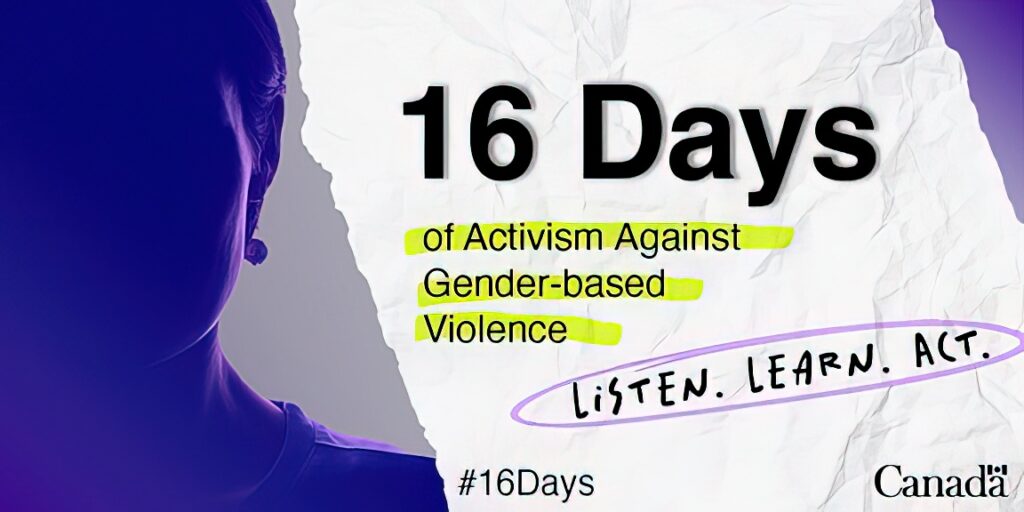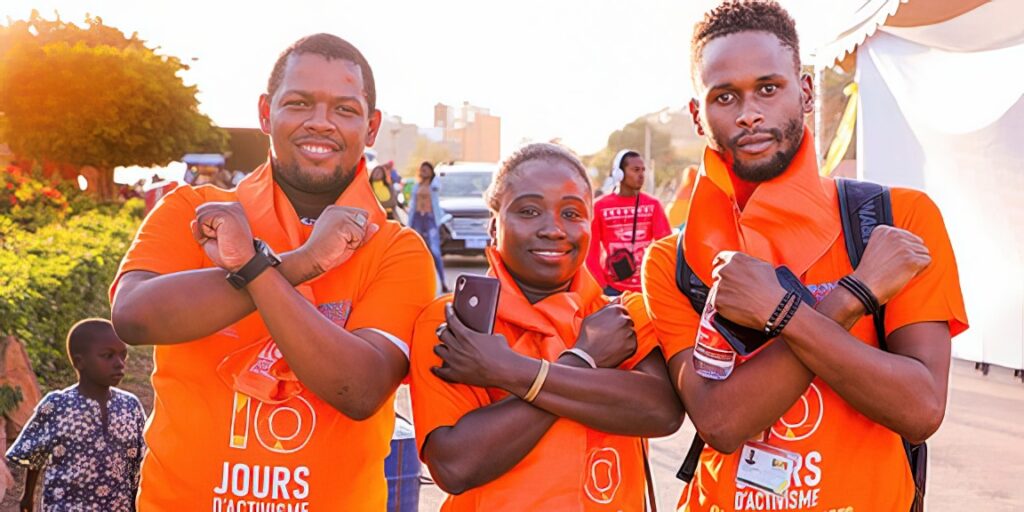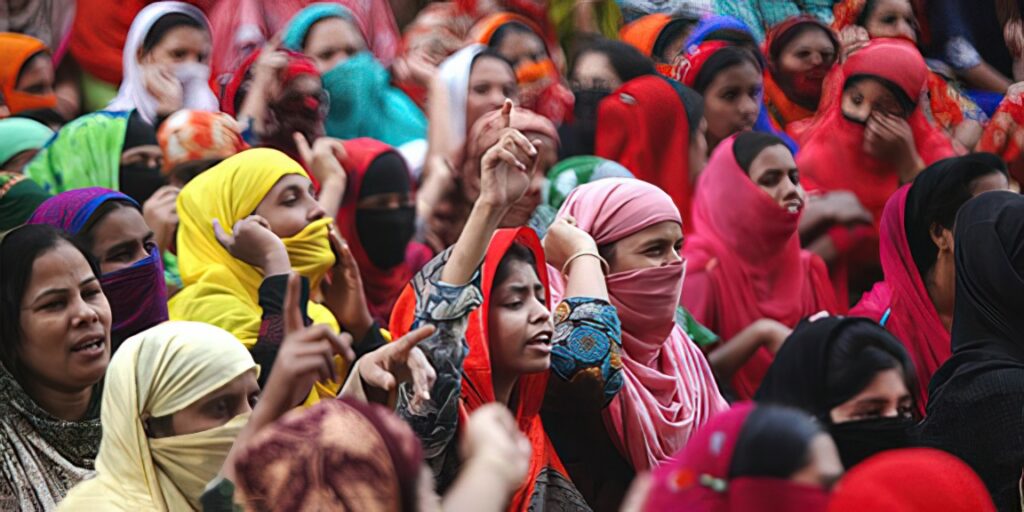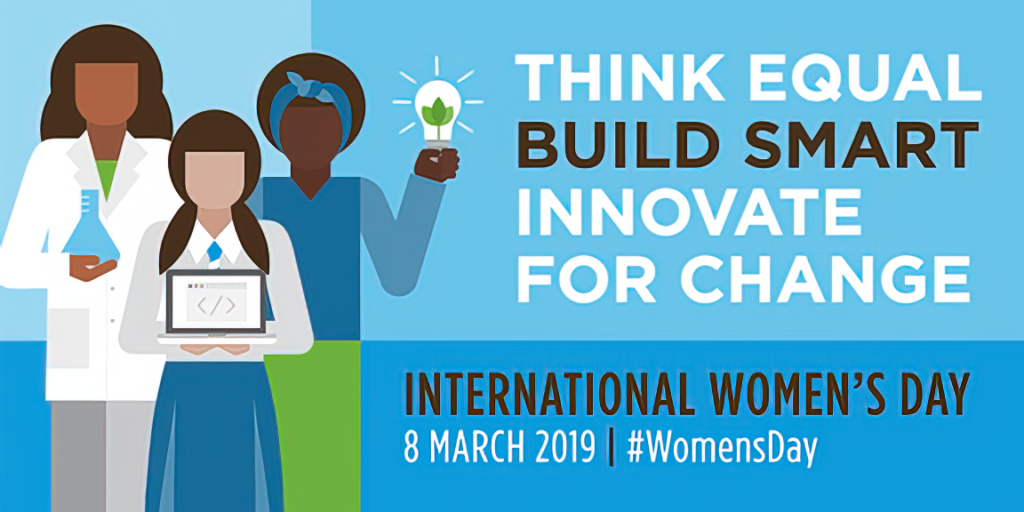by Anne Clarke on behalf of CFUW Vernon
March 14, 2022
“Gender equality today for a sustainable tomorrow” is the theme the United Nations chose this year for International Women’s Day on March 8.
The UN has determined that the implications of climate change are far more drastic in developing countries than in developed countries; and often it is women who bear the brunt of climate induced natural disasters, such as drought, floods and heat, as they desperately try to feed and protect their children. It is not a surprise that women and girls around the world are leading the charge against climate change.
“Around the world, women are leaders, stewards, educators, engineers, farmers and scientists who contribute invaluable experiences and knowledge to effectively safeguard our environment and realise sustainable development goals. So where are they in top decision-making positions?” (International Union for Conservation of Nature, www.iucn.org).
The UN encourages world citizens to recognize the contributions of women who are dedicating themselves to creating a more sustainable future for all.
The UN points to gender equality as being a critical component in this fight for global sustainability. International Women’s Day confronts, head on, what is needed to effect gender equality and zeroes in on the UN theme by driving directly at why gender equality continues to elude us year after year. The theme is “Break the Bias.” We must break the bias that deprives us of the benefit of the innovative work of women.
The stereotyping of women, the definitions of the roles of women, and the undervaluing of the work of women are some of the forms of bias that undermine and denigrate their contributions.
Do women really encounter bias in 2022? Sadly, the answer is yes; bias adversely affects women in board rooms, in the justice system, in politics, in universities, and, yes, even in the home.
How can the real and tangible contributions of women be given a value equal to those of men, psychologically and financially? The most solid route is to break down the biases forged by the patriarchy upon which our society has been based and to allow an equally valued matriarchy to share in the building of our future. Working together in the home, in workplaces, in politics, and in boardrooms, men and women can share the load as we navigate our troubled times. Neither gender has a monopoly on competence, intelligence, innovation, foresight and good decision-making. Both genders add distinct dimensions to the decision-making process. We can confidently move toward a better future by combining the talents of all of our innovative thinkers to move us toward a more sustainable future. We can “Break the Bias.”
We can certainly celebrate our advancement in working together in politics, particularly at the federal level, as Canada has a gender equal Cabinet; in the justice system, many of our judges are women and Beverley McLachlin was the Chief Justice of the Supreme Court of Canada; in Science, Donna Strickland, physicist, won the Nobel Prize in Physics; and in Medicine, Bonnie Henry is a leading public health officer. This is just a small sample of the level of the growth of achievements of women. Our progress, however, is fragile.
On International Women’s Day, March 8, and beyond, we are asked to imagine and take action to create a gender equal world, a world free of bias, stereotyping, racism and discrimination – a world that is fair and inclusive and where differences are valued and celebrated.
Together, we can richly benefit by forging women’s equality. Collectively, we can take the necessary steps to “Break the Bias” standing in the way. We can challenge stereotyping and restrictive definitions of women’s roles; we can encourage women to take on challenging roles; we can without hesitation celebrate the contributions that women make in the home, in the workplace and in politics.






